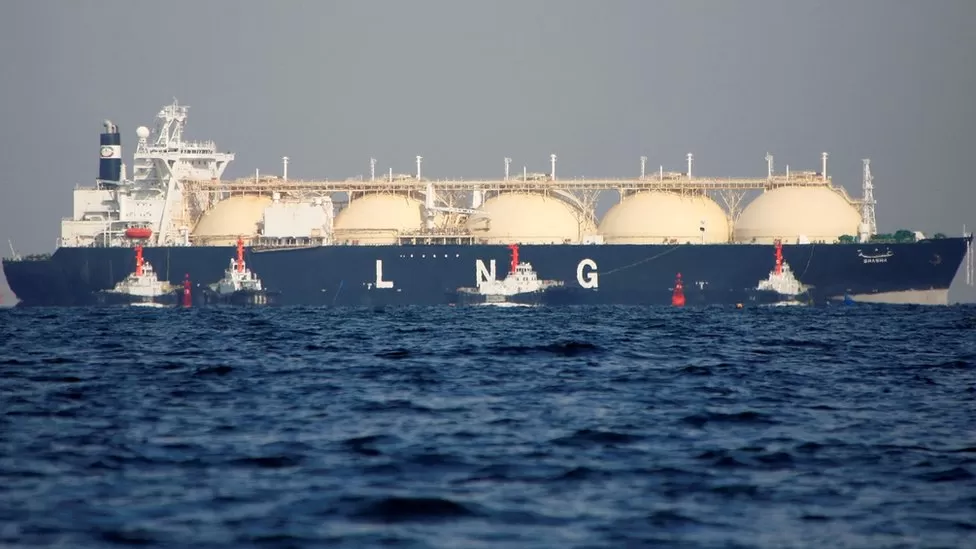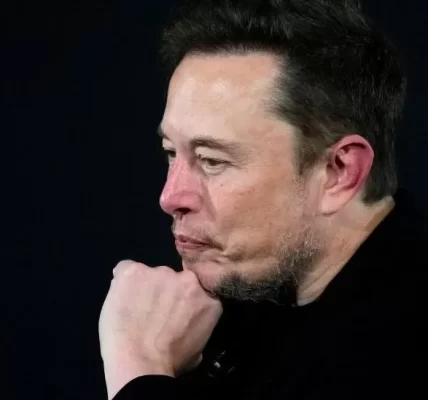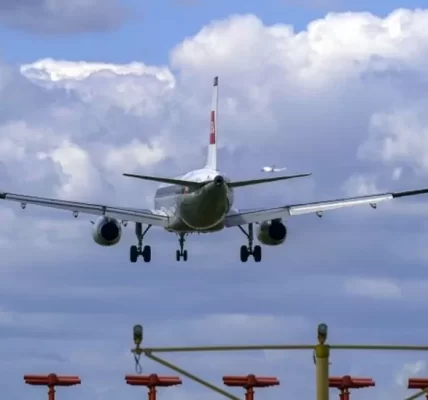The walkouts are taking place at Chevron’s Gorgon and Wheatstone sites in Western Australia in a dispute over pay and conditions.
The two plants of the US energy behemoth account for more than 5% of worldwide LNG capacity.
Wholesale gas prices in the United Kingdom increased by around 10% on Friday.
“Prices are up this morning… but only slightly,” noted Engie EnergyScan analysts.
“We have not yet reached the point of supply disruption.” “There is no reason to panic in a context where all other fundamentals are bearish,” they continued.
Australia, along with Qatar and the United States, is one of the world’s top LNG producers, and its supplies have helped to reduce global energy costs since Russia began reducing natural gas supplies to Europe.
employees at key Australia gas plants to strike The Fair Work Commission, Australia’s industrial arbitration, has been hosting mediation negotiations between Chevron and the Offshore Alliance, a collaboration of two unions representing energy employees.
“Unfortunately, despite numerous meetings and conciliation sessions before the Fair Work Commission,” a Chevron representative said.
Chevron’s position has “barely budged” after five days of talks, according to Offshore Alliance spokesperson Brad Gandy.
“Offshore Alliance members urge them to change course so that this dispute can be resolved,” he added.
While wholesale energy costs have decreased since Russia’s invasion of Ukraine last year, price pressure persists.
Oil prices climbed this week, with Brent oil trading at $90 per barrel after Saudi Arabia and Russia agreed to extend supply limits until the end of the year.
LNG is methane or methane combined with ethane that has been purified and cooled to -160 degrees Celsius.
This converts the gas into a liquid, which can then be transported in pressurized tankers.
When LNG arrives at its destination, it is converted back into gas and used for heating, cooking, and power generation, just like any other natural gas.




